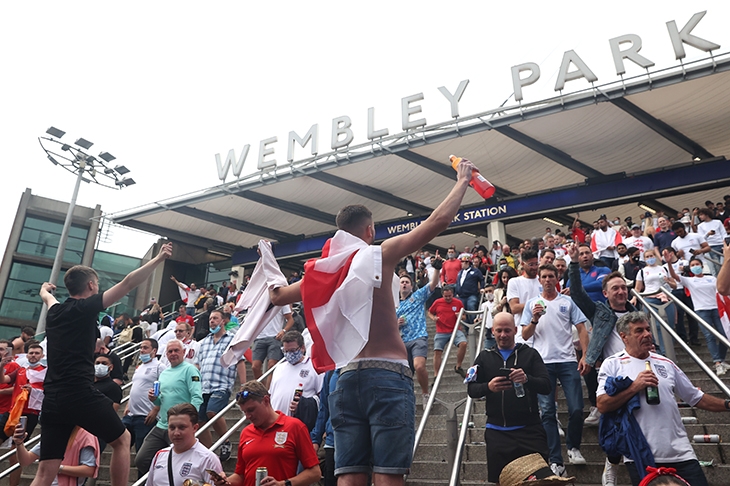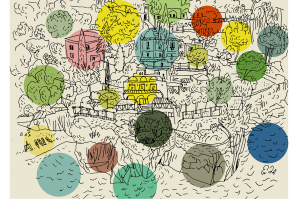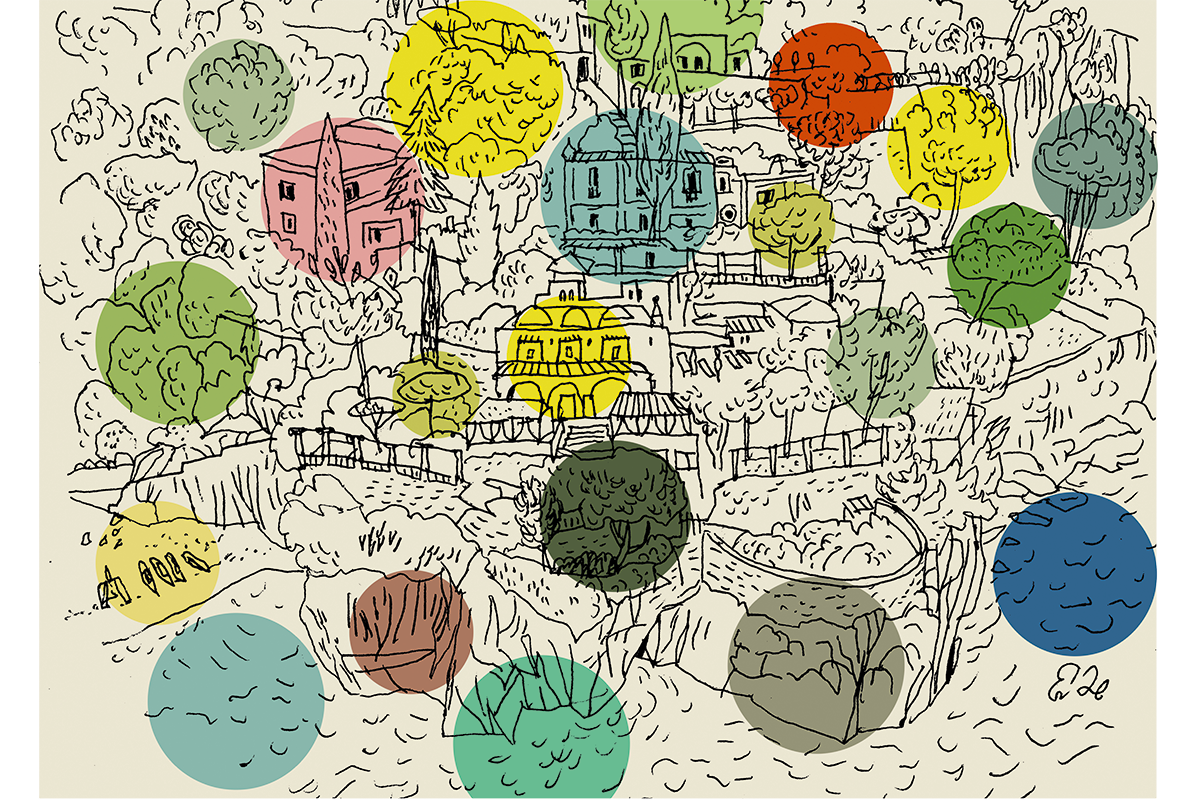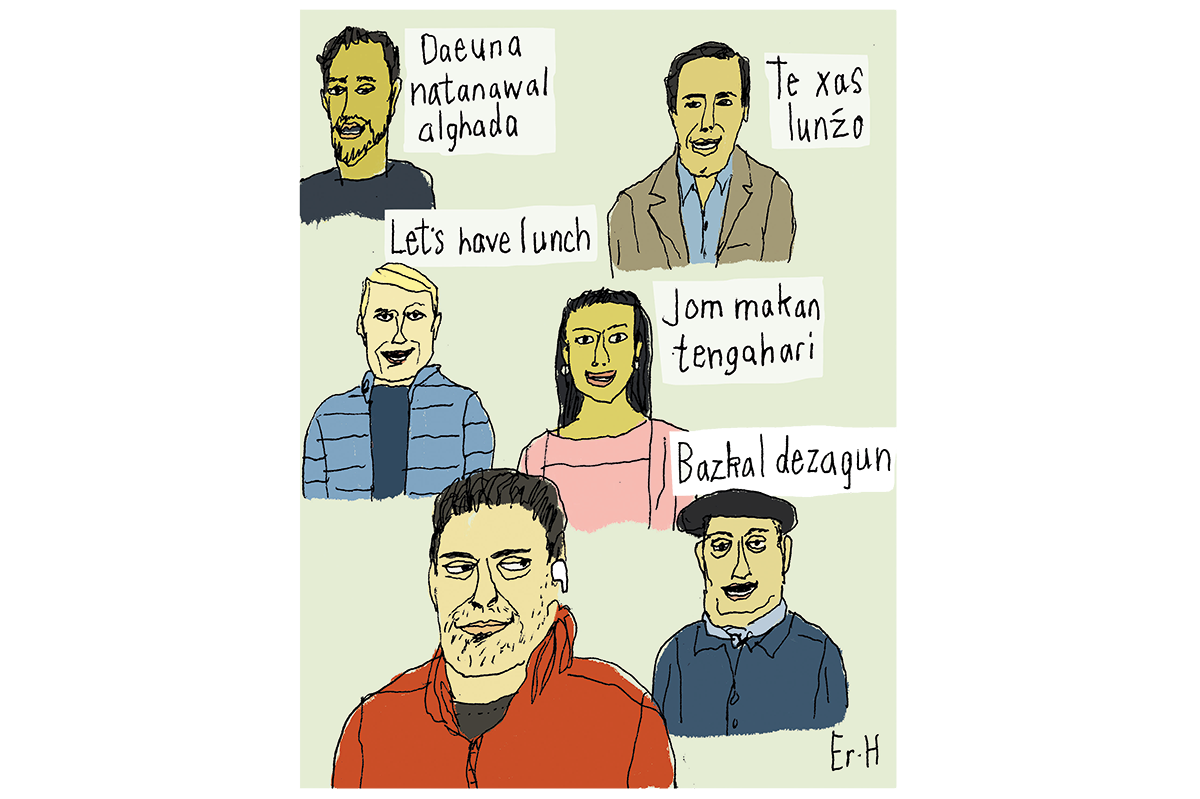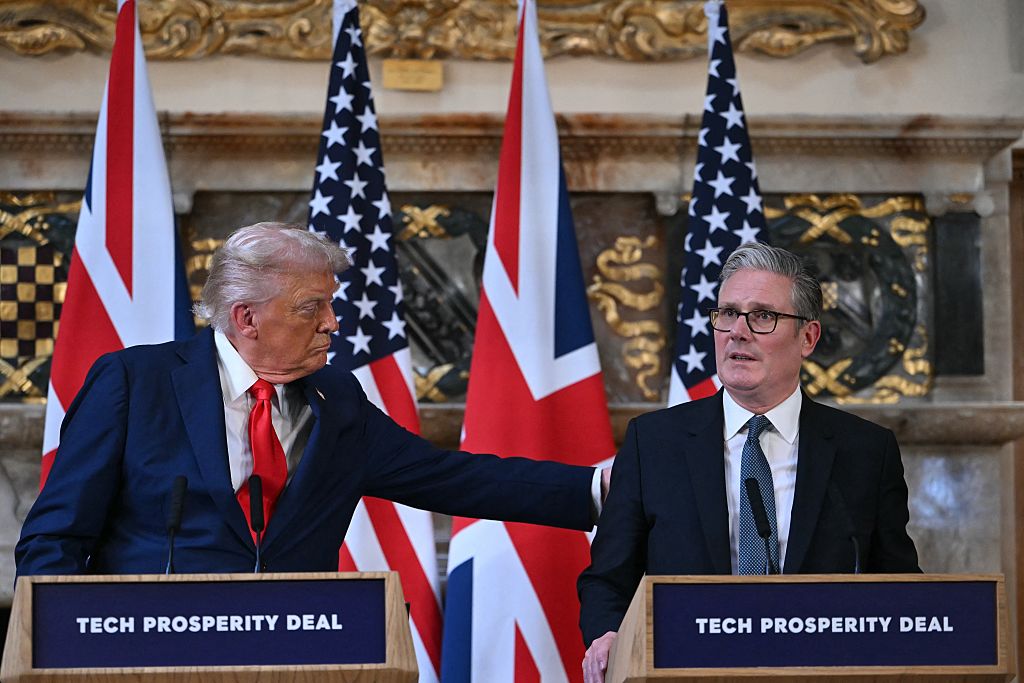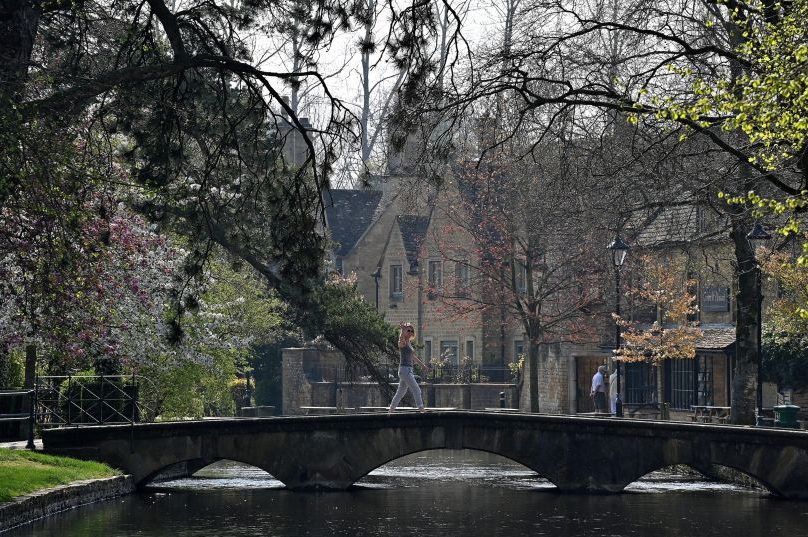I failed a moral test last weekend. A friend offered me a free ticket to the Euro 2020 final and I accepted, knowing my 13-year-old son Charlie would be bitterly disappointed. I had told him I’d try to get two tickets so I could take him, but all my efforts had come to nought and we were resigned to watching it at home. When I broke the news that I’d be going but not taking him, he looked heartbroken, as I knew he would be. I spent hours trying to justify it to myself afterwards. Surely, if he’d been offered a ticket by a friend, he would have taken it? Opportunities to see England play in the final of an international tournament only come along once every 55 years. How could I turn it down?
My conscience gnawed at me on my way to Wembley, as it did for most of the night. When I’m watching a soccer match, it usually takes me a while to become fully absorbed in the game. Initially, I feel a bit self-conscious as I sing and clap and leap up from my seat. Then, almost imperceptibly, I begin to merge with the crowd. That watchful self, always looking on from a distance and clucking with disapproval, is momentarily extinguished, and for a few precious minutes I experience a kind of freedom. But on this night it took longer to banish that purse-lipped magistrate. Every time I began to escape his gaze, the thought of my son popped into my head.
In one sense, it was good that Charlie wasn’t there. As my two companions and I arrived at the stadium, several hundred ticketless fans broke through the metal barrier surrounding the perimeter and surged through the unguarded disabled entrance. Hundreds more took advantage of the chaos to flood past the barrier and swarm around the gated entrances, pushing past the people in the queues and, in some cases, trying to grab their phones so they could use their downloaded tickets. I was anxious enough about holding on to my phone without the additional worry of protecting Charlie.
And this fear wasn’t misplaced. When we eventually got into the stadium, with minutes to spare, a mass brawl between the gatecrashers and the stewards broke out and one of my friends was knocked to the ground, dropping his phone in the process. A hooligan immediately grabbed it and bolted off, but a fan who’d witnessed the theft rugby-tackled him, at which point half a dozen security guards piled in. This wasn’t what I’d expected at all. My father was at the 1966 World Cup final and he had painted a portrait of Wembley on that day as Britain at its best, full of stout yeoman, their breasts swelling with pride. This felt more like a scene from a disaster movie.
Once we were in our seats we soon forget about the mayhem behind us — and then the real anxiety set in. Watching your team play is a nail-biting ordeal at the best of times, but when the stakes are as high as this it’s almost unbearable. A few weeks ago I wrote a column about how, for a variety of reasons, I wasn’t particularly excited by England’s progress in the Euros, but those reservations evaporated when Harry Kane scored the winner against Denmark. Now, I desperately wanted England to succeed, although another part of me — the magistrate again — wanted us to fail because then it wouldn’t matter so much to Charlie that he wasn’t there.
You’d think an England goal would help settle the nerves, but it came too early and the team then retreated into their own half in a foolhardy attempt to defend their lead. Every true fan is a miserable fatalist, convinced the worst is about to happen, which is what makes winning such an unexpected joy, as if you’ve cheated the gods. Sure enough, when Italy scored an equalizer I knew — just knew — it would go the distance and England would lose on penalties. We sat there, all 60,000 of us, desperately willing the team to succeed, as the tragedy of English soccer played itself out with a grim inevitability. We naively imagined these young players had escaped the specter of previous defeats, but in the end it caught up with them. It’s never coming home. That knocking sound you hear at the door is the ghost of summers past.
I texted Caroline to ask if Charlie was OK and of course he wasn’t. He was on his feet when we were taking our penalties, screaming at the players to score. The England players will always disappoint you, Charlie, just like your father.
This article was originally published in The Spectator’s UK magazine. Subscribe to the World edition here.



